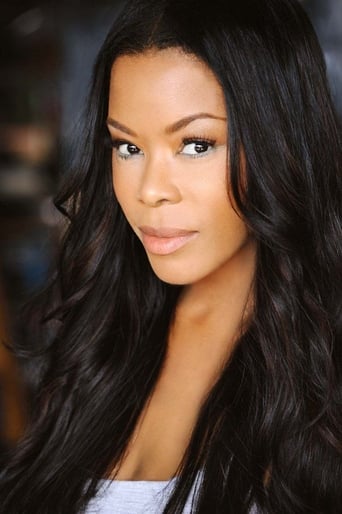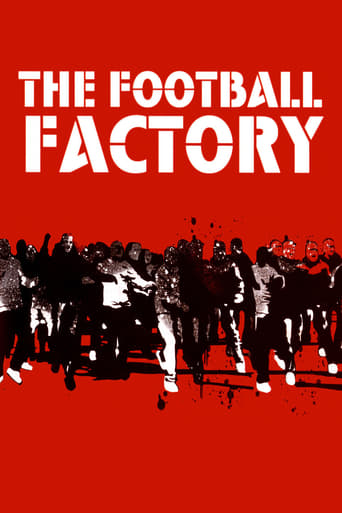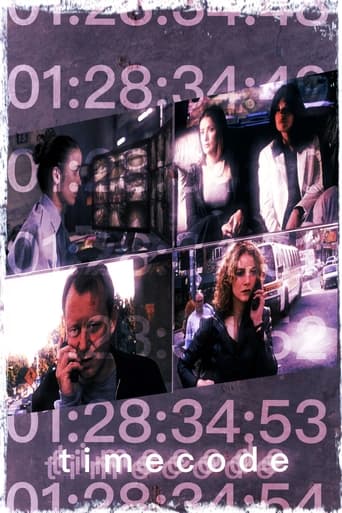
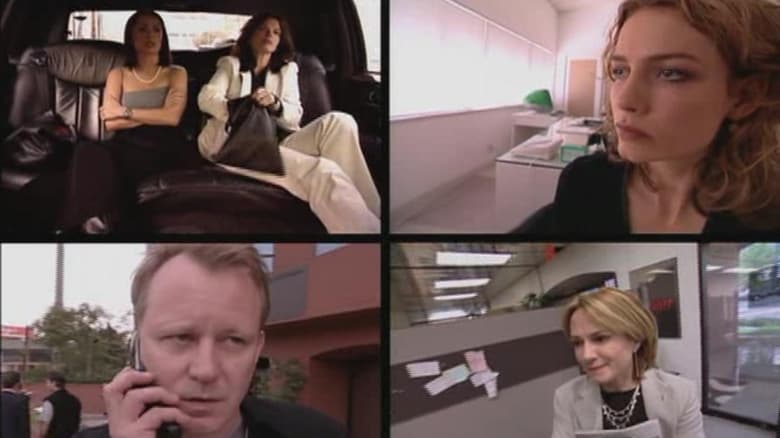
Timecode (2000)
A production company begins casting for its next feature, and an up-and-coming actress named Rose tries to manipulate her filmmaker boyfriend, Alex, into giving her a screen test. Alex's wife, Emma, knows about the affair and is considering divorce, while Rose's girlfriend secretly spies on her and attempts to sabotage the relationship. The four storylines in the film were each shot in one take and are shown simultaneously, each taking up a quarter of the screen.
Watch Trailer
Cast
Similar titles
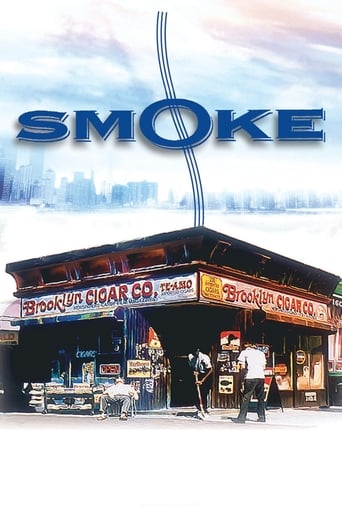
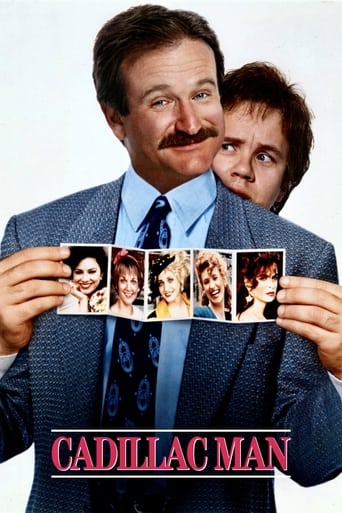


Reviews
Memorable, crazy movie
Clever, believable, and super fun to watch. It totally has replay value.
The film's masterful storytelling did its job. The message was clear. No need to overdo.
This is a gorgeous movie made by a gorgeous spirit.
The opening of the film boasts and sets an interesting tone, however as soon as the film progresses it's nothing but downhill. Weak story, unnatural dialogue and multiple camera issues (such as cameramen being in the shot) bring down what could've been a masterpiece of modern cinema. It has many sound issues that took me out of the film but with an idea as ambitious as this I understand that good sound would've been difficult. The film also relies too heavily on it's concept thus sacrificing good story for mediocre extravaganza. I commend Figgis for attempting something different with the medium of film but he should have spent more time developing characters and story. Definitely an intriguing film, however would not recommend for other people to watch.
OMG this was an absolutely awful movie! The movie puts you in the wrong mood from the very beginning when they start with the upper right camera but keep rolling credits and playing intro music in the other three frames (making it nearly impossible to understand the upper right frame). Then they gradually bring in the other frames one at a time. Once all four frames are on-board you're thinking the movie will pick up and the plot will take shape - never happens. If you're going to do something this daring you should at least have a good story with which to do it. However, this is without a doubt the worst movie I've ever seen (and I've seen some pretty bad movies). Even if the same story was a single screen movie it would also be the worst movie I've ever seen - again the story sucked. The story goes nowhere and there's never a payoff. It's like the producers put this movie together simply for the sake of syncing four frames in a time-code without any concern for the movie being good; either that or they spent so much money on the technical challenge and the brand name actors that they didn't pay for a writer and had a retarded monkey write the script for them.
TIMECODE is a groundbreaking film by director, Mike Figgis. The movie consists of four interrelated stories which are viewed simultaneously on four different quadrants of the screen. What is most surprising about the experience is that it is much easier to absorb and understand than you might think. The focal point of this wry, black comedy centers on the offices of a film studio on Sunset Boulevard. A film is being cast, an executive meeting in underway, a limo is waiting just outside, and a montage of street activity is observed. Watching the film is similar to viewing a live performance of a string quartet. As with a musical performance, your attention shifts from one player to another without ever losing the feel or direction of the piece. The actors improvised characters and story lines, evolving and building as they went along, and Figgis's role was more of a conductor than a film director. Each of the four stories was shot in a single take beginning at 11am each day, and lasting for ninety minutes. All the four stories contain interesting performances from a stellar cast, and the soundtrack was especially inventive and supportive. TIMECODE is not a great film, but it succeeds in that it demonstrates the viability of an off-beat and creative presentation.
When split-screen cinema first became possible in the 1960s, it also became fashionable, with movies such as the original 'Thomas Crowne Affair' using it to prove just quite how hip and cool they were. But non-one, surely, has ever constructed a film as boldly as Mike Figgis has 'Timecode', a movie in which the narrative is told in four separate panels at all times. And it's not enough to concentrate on just one either: there's always something of note going on in at least two panels (and which two varies continuously), which kind of begs the question, just how much of your brain to do you use when watching a conventional movie? Or alternatively, how many brains do you have? Certainly, watching 'Timecode' is never a relaxing experience, but Figgis does some things to make our lives easier: with the remarkable soundtrack, for example (the director even composed some of the songs on it) and the way that the aural focus shifts between the segments; or the fact that each segment is shot without any cutting. In some ways, this latter fact is the most surprising of the movie: who can make a movie without cutting? and yet, in pulling this off, Figgis actually comes some way towards the justification of his wider structure. For telling four stories at once brings sufficient (OK, maybe excessive) busyness to allow each story to be told in real time, often a holy grail of drama but rarely achievable (unless you want Jack Bauer ridiculousness or 'Big Brother' tedium). But aside from the structure, is it worth watching? This is a harder question to answer, it's very hard to put the form of the movie out of your mind when watching it, but I was moved in the end. And while the film may have been simply too extraordinary to set any trends, it deserves much credit for its unique blend of audaciousness and skill.

